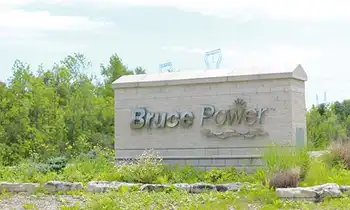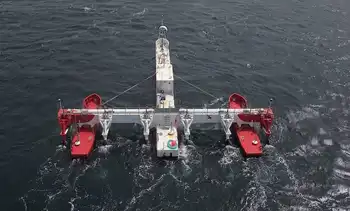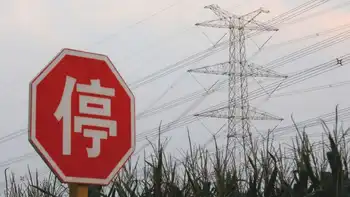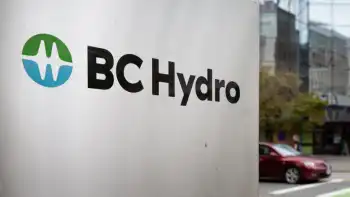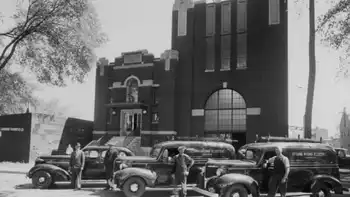German campaign focusing on nuclear
By United Press International
CSA Z462 Arc Flash Training - Electrical Safety Essentials
Our customized live online or in‑person group training can be delivered to your staff at your location.

- Live Online
- 6 hours Instructor-led
- Group Training Available
When it comes to Germany's future energy mix, all parties agree on one thing: Renewables are to play a significant role. There is one energy source, however, that the country is at odds over - and that's nuclear energy.
The energy source is revived in most of Europe but remains highly controversial in Germany. It's one of the very few divisive issues in what has so far been an almost confrontational campaign ahead of the country's federal elections on September 27.
German Chancellor Angela Merkel's center-right Christian Democratic Union and Foreign Minister Frank-Walter Steinmeier's Social Democratic Party, two traditional rivals, are currently sharing power in a so-called grand coalition government.
Both parties have steered a cozy campaign in order not to make any mistakes, but on nuclear energy, they occupy the opposite ends of the political spectrum.
"We have two very different energy camps in Germany," Eberhard Umbach, vice president of the German Physics Society, a group with 57,000 members, told the foreign press corps in Berlin.
While Merkel wants to reverse a decision by the previous government to shut down all of Germany's reactors by 2021, Steinmeier wants to stick to the phase-out plan. Merkel's conservatives argue nuclear provides secure, relatively cheap CO2-free power generation; the SPD points to the dangers of accidents, nuclear proliferation and the unsolved issue of how to store the highly radioactive waste created in the process.
"For eight years now, we have been phasing out of nuclear energy at the same time as investing in renewable energy," Steinmeier said in a recent television debate with Merkel before an estimated 20 million viewers. "We have come a long way, we are leaders in renewable energy technology, and I guarantee you that as soon as we go down the road of extending the lifeline of nuclear energy plants... investment in the renewable sector will end."
Merkel said she was in favor of keeping nuclear in the mix beyond 2021 as a bridging technology until renewables are ready to supply Germany's energy on a grander scale.
"We need an energy supply in Germany that is economical, environmentally friendly and safe," Merkel said.
Umbach said Germany should stick to a broad energy mix that includes nuclear energy.
"Shutting down research into nuclear energy is a mistake, because Germany is a world leader in the research fields of reactor safety and nuclear waste storage," he said.
The expert added that a decision to extend the running times of nuclear power plants should include a guarantee to spend utilities' additional revenues on research into nuclear waste storage and renewable energy sources.





